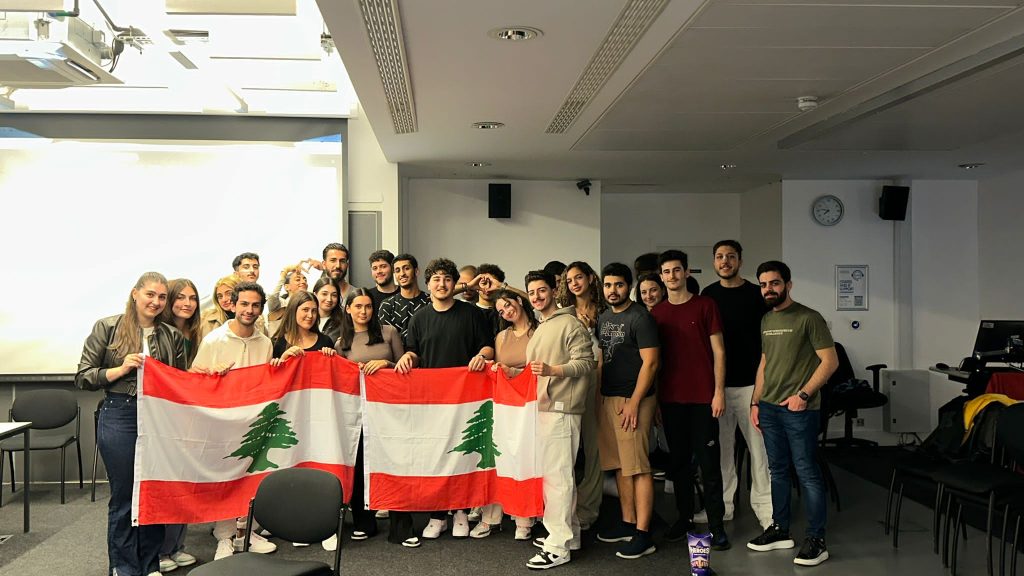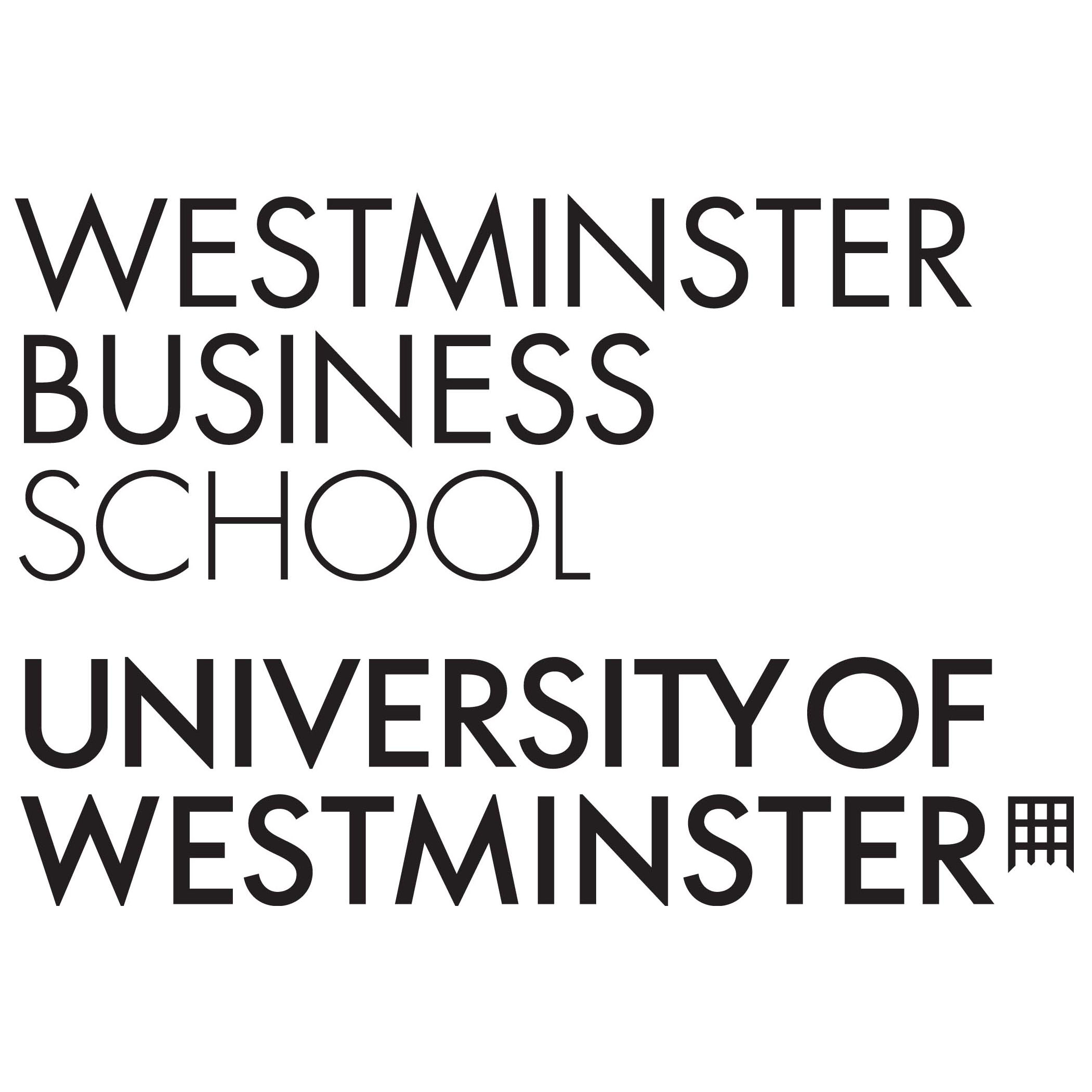University is a formative and pivotal time in life, filled with new experiences, learning and personal growth. This is what I was told upon starting university. However, I wasn’t warned about or prepared for the overwhelmingness, difficulty finding like-minded people, and loneliness. It is beyond the lecture halls that lies another dynamic world, the realm of student societies.
The Importance of Societies
Societies encapsulate a variety of interests and cultures. The diversity that societies provide fosters a sense of belonging and connection for students throughout their university experience, enabling the representation of different voices. Realistically, amongst the excitement and eagerness, for me beginning university felt overwhelming and sometimes lonely. Having a welcoming space to meet new like-minded people and build friendships helped combat the occasional loneliness that I felt.
My Personal Experience Building Bridges through the Lebanese Society
Representation at university is vital for inclusivity. Unfortunately, I began university with a glaring absence of representation as a Lebanese student, I felt a disconnect from my cultural heritage. I saw all the wonderful societies that the university possessed but could not help but feel like there was not one that I fit into. This lack of representation sparked a passion for me to co-found the Lebanese Society at the University of Westminster alongside two friends who felt the same way. Leading the society, as the president, has been one of the most enriching experiences throughout my university years. From organising cultural events, conferences, and fundraisers for charities in Lebanon, to meeting with the Ambassador in London, providing a safe space for students to share their stories and experiences has been extremely rewarding.
Despite respectable university efforts of EDI, international students tend to feel excluded and lonely at times. Fostering a sense of community to combat the loneliness and homesickness that international Lebanese students felt was a key intention of the society which became a bridge for appreciating Lebanese culture within the wider university community, as well as connecting the diaspora. Fortunately, the society has members from all over the world, who share a passion for the Lebanese culture, food, music, traditions, and people. As a verified EDI society, we have completed inclusivity and allyship training as well as collaborating on events with the Lebanese societies from other London universities and the Middle Eastern North African Society at the University of Westminster to expose students to other cultures within the Middle East and gain clearer perspectives, enabling students to form connections.

Societies as Catalysts of Inclusivity
The impact of societies extends beyond individual growth, they play a crucial role in creating a more inclusive and representative university. An inclusive university culture is one in which ‘everyone feels that they belong through feeling safe in being themselves, that their contributions matter, that policies and practices are fair, and that a diverse range of people are encouraged to work together effectively’. The University of Westminster community is inclusive and united to provide grounded, holistic education and ‘opportunities so that people from every background can realise their true potential, contributing to a happier society’. The university is progressive, with ‘EDI as part of the DNA, committed to being and becoming better’. Higher educational institutions are ‘actively trying to identify and confront systemic issues of marginalisation’ and exclusion of minoritised groups.
Accordingly, by celebrating diversity and providing platforms for marginalised voices, societies can act as catalysts of inclusivity by providing students with a safe space and representation, which positively correlates with learning, academic excellence, and student retention as well as fostering a sense of belonging. Student societies provide safe spaces for open discussion and empathy across cultures and backgrounds, enabling students to get the best out of their time at university.
Building Confidence
Societies are architects of confidence among students. Beyond the lecture hall, confidence is one of the main predictors of academic achievement and a vital skill to be mastered. Throughout my university experience, I have come to realise that confidence increases a learner’s employability. I know it can seem daunting to put yourself out there, but this will open so many doors for you. Educators believe that students change in confidence from their involvement in student-led societies throughout their university experience including enhanced ‘personal confidence and changes in confidence in their personal skills’. Whether it is through organising events as a committee member, voicing opinions at an event or simply interacting with other society members, societies empower students to step out of their comfort zone and build skills in a safe space.
Through my personal experience as a committee member of a society and current president, I recall my own transformation that occurred in my confidence both in myself and my ability to interact with a variety of people from diverse backgrounds, forming connections that have positively impacted my university experience. Regardless of feeling hesitant initially, I highly recommend joining a society and finding your voice. Finding like-minded people who share your passion will help build your confidence throughout your university experience.
Amplifying Representation
Students from diverse backgrounds should see themselves reflected throughout their university experience. Diverse representation in education is necessary for critical thinking, students should be encouraged to ‘question assumptions and stereotypes upon encountering a diverse range of perspectives to lead to a more profound understanding of complex matters’. Societies serve as amplifiers of voices that may otherwise go unheard by providing platforms for students from underrepresented groups to showcase their cultures, interests, perspectives, talents and to advocate for their communities. Representation is best achieved when ‘diverse groups are engaged in meaningful interactions through formal and informal activities’. Societies provide representation whilst supporting students who share similar backgrounds, interests, or common causes, which is vital in creating a university environment that reflects the diversity of the wider world.

Beyond The Lecture Hall
University experiences should be enjoyable, amongst the education and despite the stress. Beyond the lecture hall, university societies are more than extracurricular activities, they are catalysts for inclusivity, confidence, and representation throughout students’ university experiences. They have provided many other students and I with a safe space and continue to contribute to a more diverse and welcoming environment throughout this pivotal time at university. Consider joining a society, you won’t regret it!
References:
CIPD (2022). CIPD | Equality, Diversity and Inclusion in the Workplace | Factsheets. [online] CIPD. Available at: https://www.cipd.org/uk/knowledge/factsheets/diversity-factsheet/#:~:text=An%20inclusive%20workplace%20culture%20is [Accessed 22 Dec. 2023].
Gill, R. (2023). Why Building Confidence Can Benefit Learners and Help Them to Achieve. [online] NCFE. Available at: https://www.ncfe.org.uk/all-articles/confidence-benefits-learners/#:~:text=Studies%20have%20shown%20that%20learners [Accessed 22 Dec. 2023].
Ikpeh, C. (2023). Blog #31: Ten Reasons Why Representation Matters in Education. [online] Rara Education Project. Available at: https://raraeducationproject.org/the-peoples-blog/why-does-representation-matter-in-education#:~:text=Promotes%20Critical%20Thinking%20%2D%20Diverse%20representation [Accessed 22 Dec. 2023].
Karimi, F. and Matous, P. (2018). Mapping Diversity and Inclusion in Student societies: a Social Network Perspective. Computers in Human Behavior, 88(0747-5632), pp.184–194. doi:https://doi.org/10.1016/j.chb.2018.07.001.
Ousman, Y.I. and Nazi̇rT. (2023). Loneliness among University Students as a Growing Concerne. Journal of Family Counseling and Education, [online] 8(2), pp.85–99. doi:https://doi.org/10.32568/jfce.1312556.
Pittaway, L.A., Gazzard, J., Shore, A. and Williamson, T. (2015). Student clubs: Experiences in Entrepreneurial Learning. Entrepreneurship & Regional Development, 27(3-4), pp.127–153. doi:https://doi.org/10.1080/08985626.2015.1014865.
Tavares, V. (2021). Feeling excluded: International Students Experience equity, Diversity and Inclusion. International Journal of Inclusive Education, (1360-3116), pp.1–18. doi:https://doi.org/10.1080/13603116.2021.2008536.
University of Westminster (2021). Equality, Diversity and Inclusion Strategy. [online] University of Westminster. Available at: https://www.westminster.ac.uk/sites/default/public-files/general-documents/Equality-Diversity-and-Inclusion-Policy-and-Strategy.pdf [Accessed 22 Dec. 2023].
West, J. (2022). Belonging: Why It Is the next Step on the equity, Diversity and Inclusion Ladder. [online] THE Campus Learn, Share, Connect. Available at: https://www.timeshighereducation.com/campus/belonging-why-it-next-step-equity-diversity-and-inclusion-ladder [Accessed 22 Dec. 2023].
